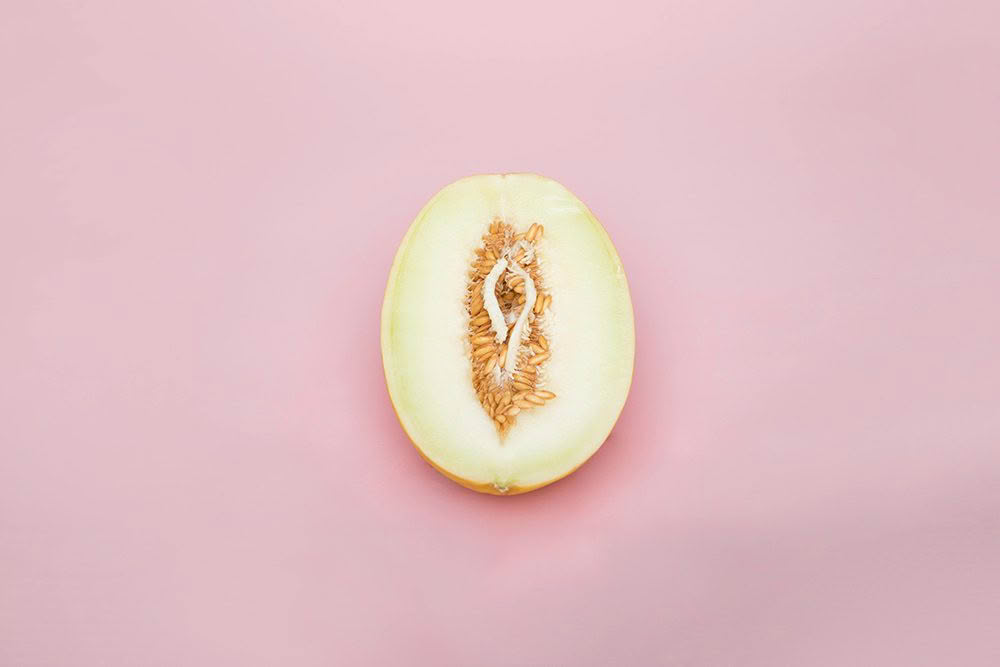Taking care down there
A Registered Nurse and Midwife for over 35 years, Frances Green notes a tendency for women to take unnecessary steps in the name of ‘cleanliness’. As she explains, educating yourself on your anatomy and its processes is a better bet.

Photo: Deon Black/Pexels
Even in the relatively enlightened modern day, many women still have very little understanding of how their vaginas work, and the changes to expect over a typical month. Others have been fed misinformation about how they should look or smell, often from the men in their lives or via advertising for unnecessary products.
In reality our bodies tend to do things for a reason. As one gynaecologist likes to say, ‘your vagina is a self-cleaning oven’. It doesn’t require soap or antiseptic wipes, as these can upset the balance of healthy bacteria. You don’t need to wash inside it at all, and use unscented soap on the vulva if possible.
Bear in mind another common misunderstanding: is it the vulva or the vagina you’re thinking of? A recent survey found that around 50 per cent of respondents (from both sexes) could not describe the function of the urethra, labia, or vagina. For clarification, the vulva is everything on the outside, the vagina, on the inside.
Discharge, while it has at times been considered ‘unclean’ (thanks, patriarchy), is a necessary part of the processes your system goes through over the course of a month. It helps to note how your discharge looks and smells at different times, to have a good understanding of your own ‘normal’. Keeping track of changes and menstruation dates through a health app or calendar will help you keep the big picture in mind too. This way you will know if there is anything unusual going on and if a check-up is needed.
If you’re hoping to become pregnant, or alternatively, want to avoid pregnancy, your discharge gives you some pretty clear signs as to how fertile you are at any given time. There’s a wonderful South American saying I often share during consultations: ‘When you’re wet, a baby you will get. When you’re dry, the sperm will die.’
As appearances go, it’s rare these days to see someone who leaves their pubic hair to grow naturally without trimming or waxing. Some women have grown up thinking they need to groom this area, often because of some magazine article they read as a teen, or perhaps a comment made by an early sexual partner. The fact is, it’s our choice what we do to our pubic hair. However, I do recommend staying away from razors, as the hair follicles can easily become infected. If you need to shave, putting some conditioner on the shaved area can help the hair to grow back softer.
When you do come in for a check-up with your gynaecologist, remember that we have seen it all and will have zero judgement to make about appearance, smell or anything else. We don’t even mind seeing you when you have your period – in fact this can make certain processes, such as IUD insertion, easier.
When you know your body well, it helps us to help you – so keep track and educate yourself as best you can, and if you have any questions, never be afraid to ask!
Frances Green is a Registered Nurse and Midwife with extensive prior experience as a postgraduate midwifery educator. Committed to helping women understand their extraordinary anatomy, education remains at the heart of her work with COGA’s specialist gynaecology team. coga.org.nz

